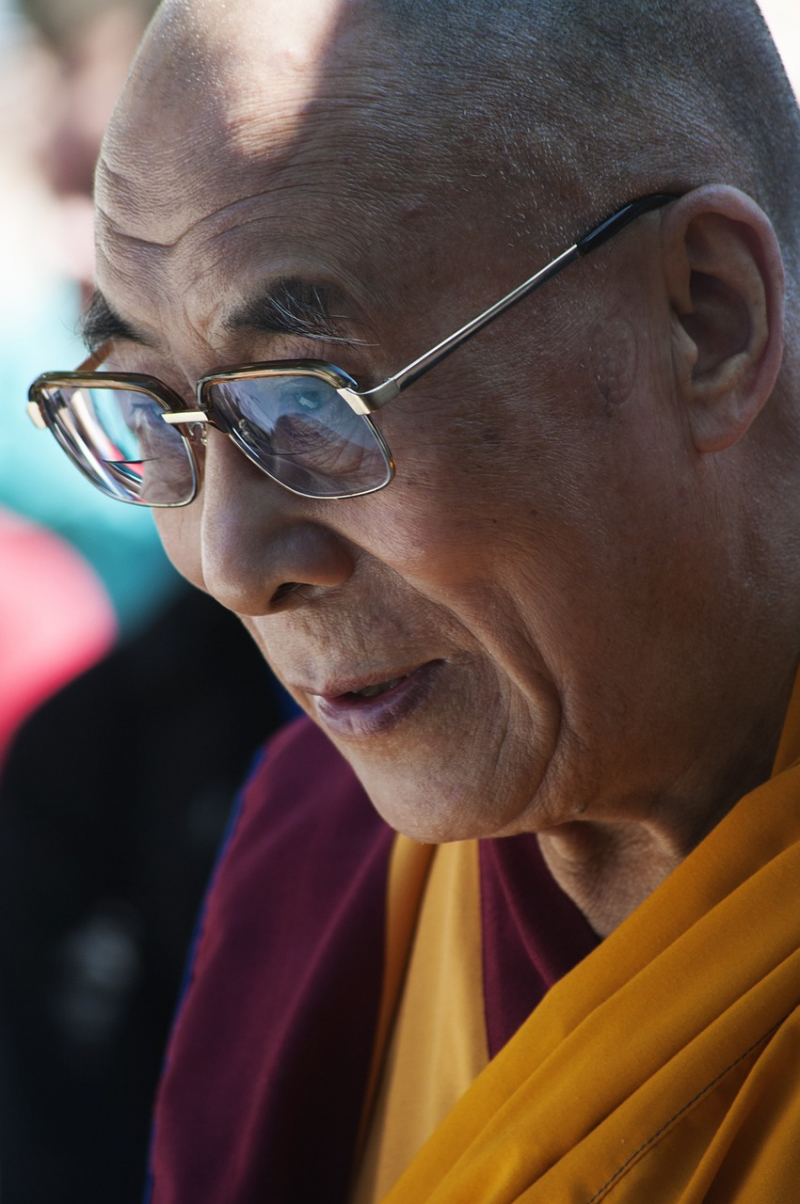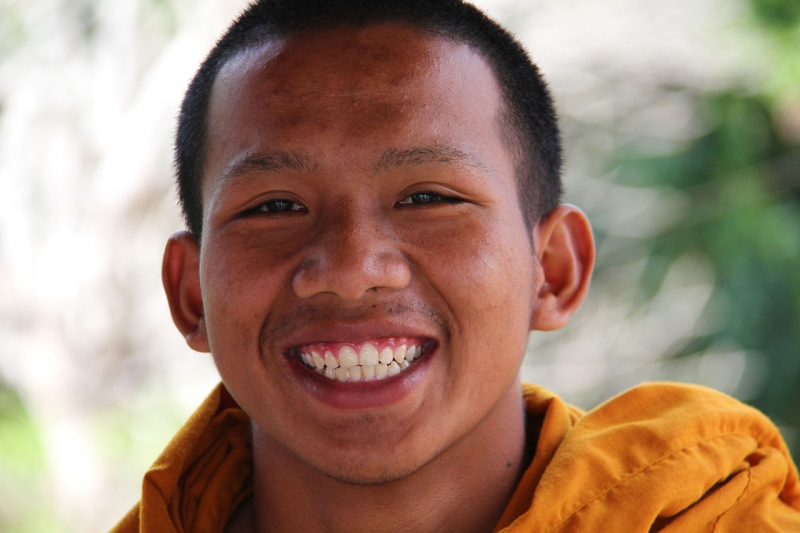Right Livelihood (Samma Ajiva)

Right Livelihood is one of the central beliefs of Buddhism. It emphasizes the importance of earning a living in a morally sound way that aligns with the principles of non-harm, honesty, and compassion. Engaging in the right Livelihood is crucial for creating a harmonious and ethical society and cultivating a mind free from guilt and remorse.
Practitioners are encouraged to avoid engaging in professions or activities that directly harm sentient beings, including killing, hunting, or trading weapons and poisons. Additionally, this principle extends to refraining from occupations linked to human trafficking, slavery, or the reckless exploitation of natural resources.
Right Livelihood embodies honesty, transparency, and integrity in all professional interactions. Embracing occupations that bring forth beneficial contributions to society, foster well-being, and uphold sustainable principles is strongly advocated. This could encompass healthcare, education, social services, and environmental conservation roles.
It is worth noting that the understanding and implementation of the Right Livelihood can differ across various Buddhist traditions and cultural settings. Nonetheless, the core principle remains unwavering: to participate in occupations that uphold ethical values and prevent harm, thus playing a role in fostering a world characterized by compassion and justice.











